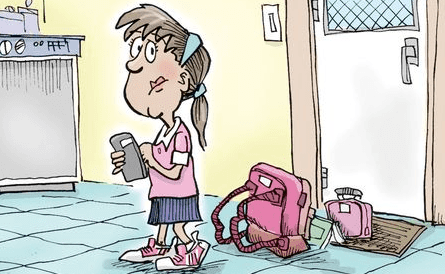Editors: Scared of Readers & Avoid Conflict – A Michael deAdder Interview
Skip to comments
Our conversation with award winning Michael De Adder is wide ranging and looks at the challenges of getting political cartoons approval in this era of political correctness. De Adder currently works for the Toronto Star, the Hill Times and the Chronicle-Herald. He also worked for a time as a cartoonist for the Washington Post and talks about the differences of doing political satire in the US versus Canada. He is well known for his cartoons about Trump and talks about the amount of criticism associated with doing these cartoons. He is currently exploring a new channel for his cartoons using Substack, partly in response to the challenges and the uncertain future faced by the print media and offers his opinions about the future for political cartoonists.
For the better part of an hour Michael deAdder talks to Don Hill of the Insights Podcast.

Michael answers questions about why he chose editorial cartooning over painting as a career choice (editooning paid more), working his way from small weekly and monthly publications to major newspapers, his surviving by drawing more for less, high hopes and dashed hopes at The Washington Post (which the interviewer circles back to a couple times), Canada (freer) versus U.S. (prudish) newspapers, early influence (MAD), freelance versus staff cartooning (clear advantage: staff), his objection to syndication (newspapers paying $3 for his creativity), the future of newspapers (small and medium papers are “doomed”), current project (THE deEP STATE and its inspiration) and the problems with substack, future projects (a new outlet for late Summer and a forthcoming graphic novel), and, of course, more.

About our headline: When asked about the current state of his profession’s relationship with newspapers Michael said back in the day a reader would quit the paper over a cartoon but then return after a few months. Now a reader will end the subscription and be gone forever. This makes the “editor scared of readers” and does everything possible to “avoid conflict.”



Comments
Comments are closed.